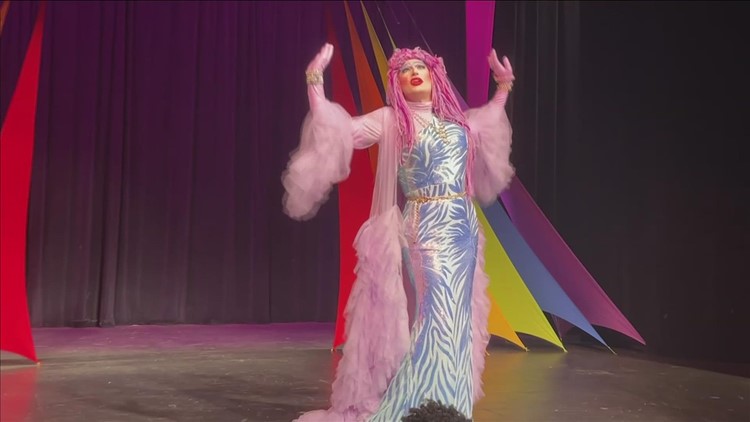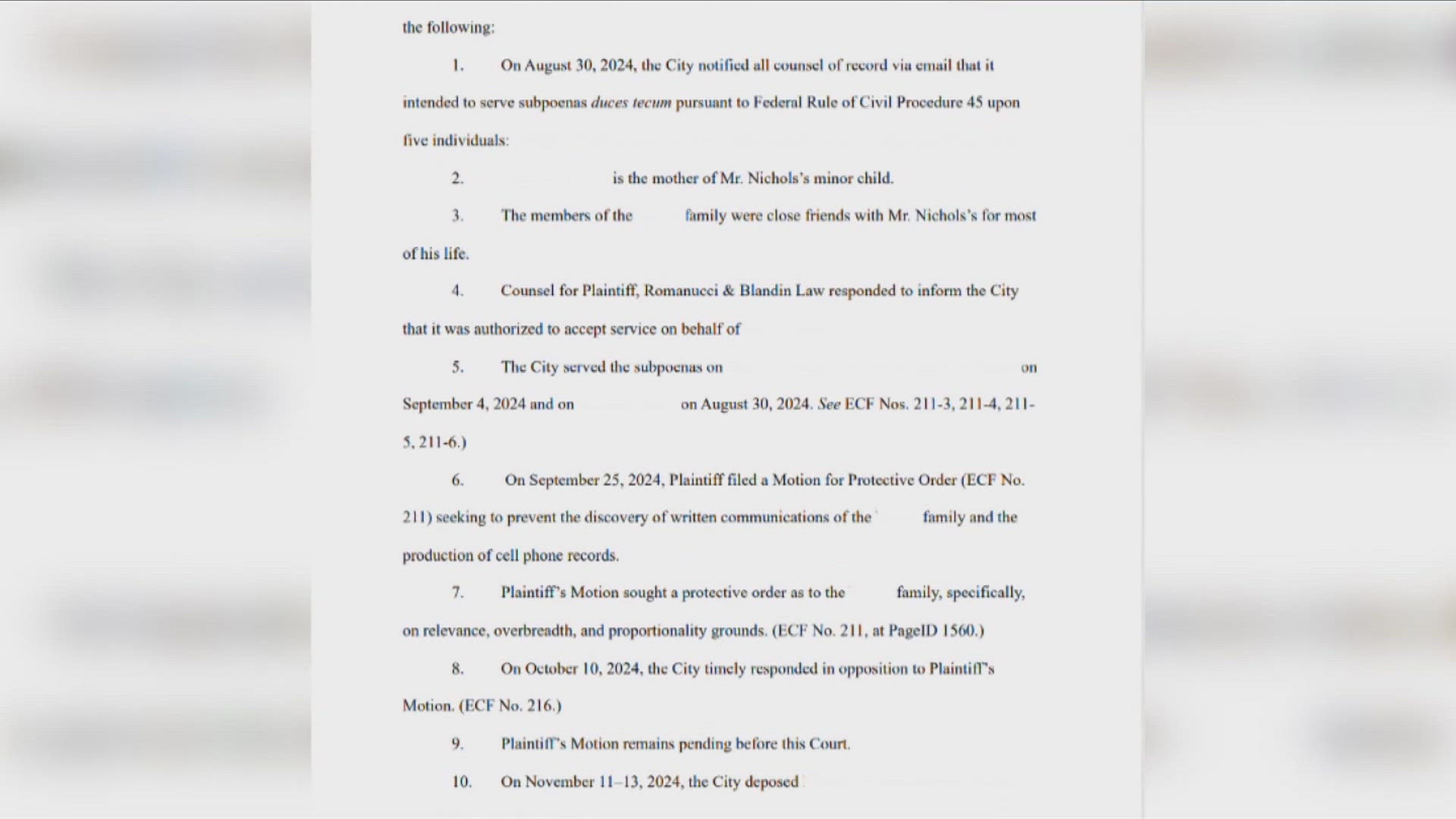MEMPHIS, Tenn. — A Memphis nonprofit theater company has a filed a lawsuit against the State of Tennessee over a recent law limiting drag shows, calling it unconstitutional under the First Amendment.
Friends of George’s filed the lawsuit, saying the bill signed into law by Republican Gov. Bill Lee violates free speech. Lee, Tennessee Attorney General Jonathan Skrmetti, and the state are named as defendants. The theater company produces ‘drag-centric; performances, comedy sketches, and plays for all ages.
The suit claims the law makes sweeping generalizations regarding performers and what constitutes an artistic performance in front of children.
The lawsuit says in one portion, “Under this reading of the law, a drag queen wearing a mini skirt and a cropped top and dancing in front of children violates this statute, but a Tennessee Titans cheerleader wearing precisely the same outfit doing precisely the same routine does not, because she is not a ‘female impersonator.’ Thus, the prohibited speech is defined by the identity of the drag performer – and the message he conveys. That is a content-based restriction of speech protected by the First Amendment.”
The lawsuit says interpretation of the law doesn’t make a difference.
“If the prohibited conduct must include one of the defined performers, then a woman in a dress who publicly performs material ‘harmful to minors’ cannot be charged under this statute, but a man in a dress engaged in the exact same conduct could be. Once again, the restricted speech is defined in significant part by the speaker, and the message that speaker conveys,” says the lawsuit.
The lawsuit also says the law violates not only the free speech of performers, but of the theater company itself as well.
“This law, which specifically targets drag performances, threatens to return the LGBTQIA community to the days when they had to hide their identity and their art behind blacked-out windows,” says the suit.
The lawsuit asks for a temporary restraining order and preliminary injunction to prevent the statute from taking effect April 1 as the case moves through the courts.
The legislation made Tennessee the first state to severely limit drag performances. It marked the second major proposal that targeted the LGBTQ community that Tennessee lawmakers have passed since beginning their annual legislative session in January. Lawmakers also approved legislation that bans most gender-affirming care, which Lee also signed into law.
Under the Tennessee bill, the words "drag show" are not explicitly stated. Instead, the legislation changes the definition of adult cabaret in Tennessee's law to mean "adult-oriented performances that are harmful to minors." The bill also says that "male or female impersonators" now fall under adult cabaret among topless dancers, go-go dancers, exotic dancers and strippers.
The proposal then bans adult cabaret from taking place on public property or any place where minors might be present. It threatens performers with a misdemeanor charge, or a felony if it's a repeat offense.
Senate Majority Leader Jack Johnson, the Republican bill sponsor, has said the bill would address "sexually suggestive drag shows" that are inappropriate for children.
Drag does not typically involve nudity or stripping, which are more common in the separate art of burlesque. Explicitly sexual and profane language is common in drag performances, but such language is typically toned down when children are present, or else venues or performers alert parents beforehand that they should reconsider whether to bring their kids along.
Gov. Lee himself was the target of questions after a photo went public that showed the governor as a high school senior dressed in women's clothing, published in the Franklin High School 1977 yearbook.
Lee said it is "ridiculous" to compare the photo of him wearing women's clothing to "sexualized entertainment in front of children." When asked for specific examples of inappropriate drag shows taking place in front of children, Lee did not cite any, only pointing to a nearby school building.
The Associated Press contributed to this report.



